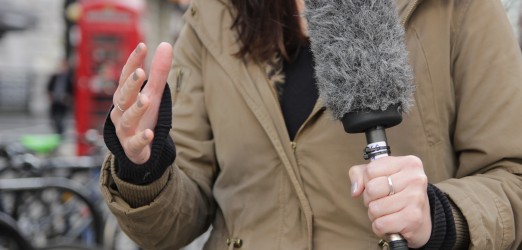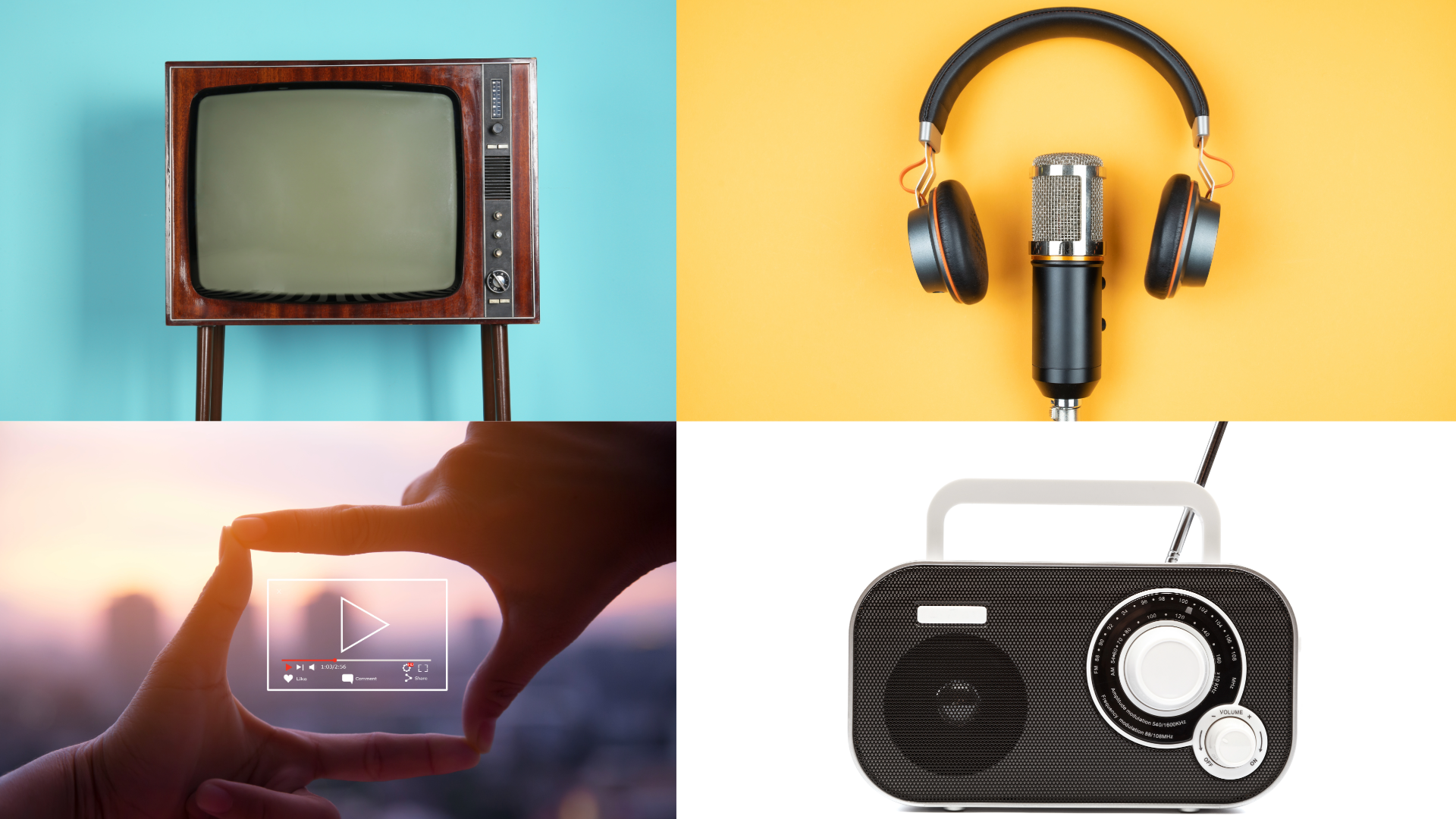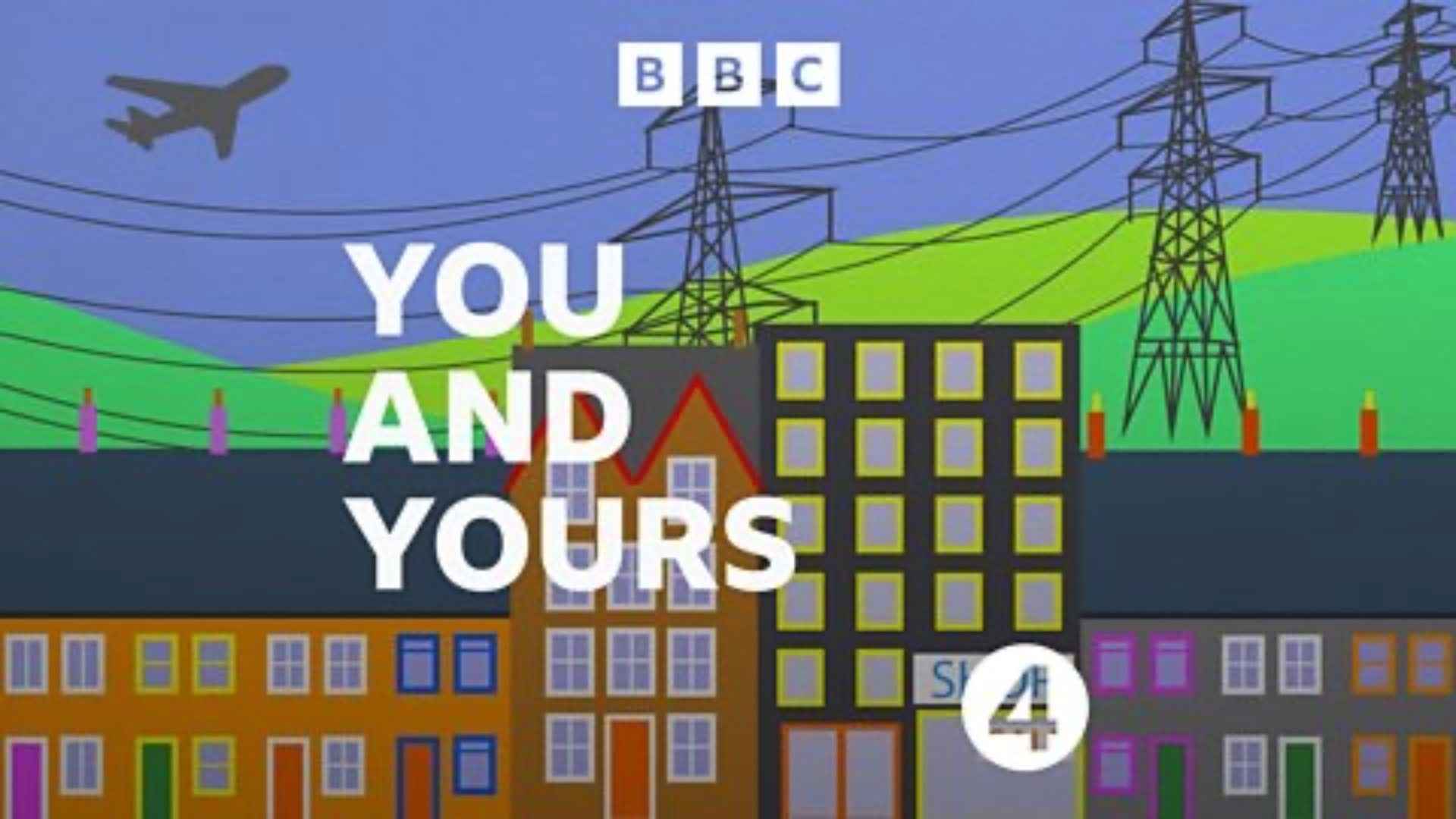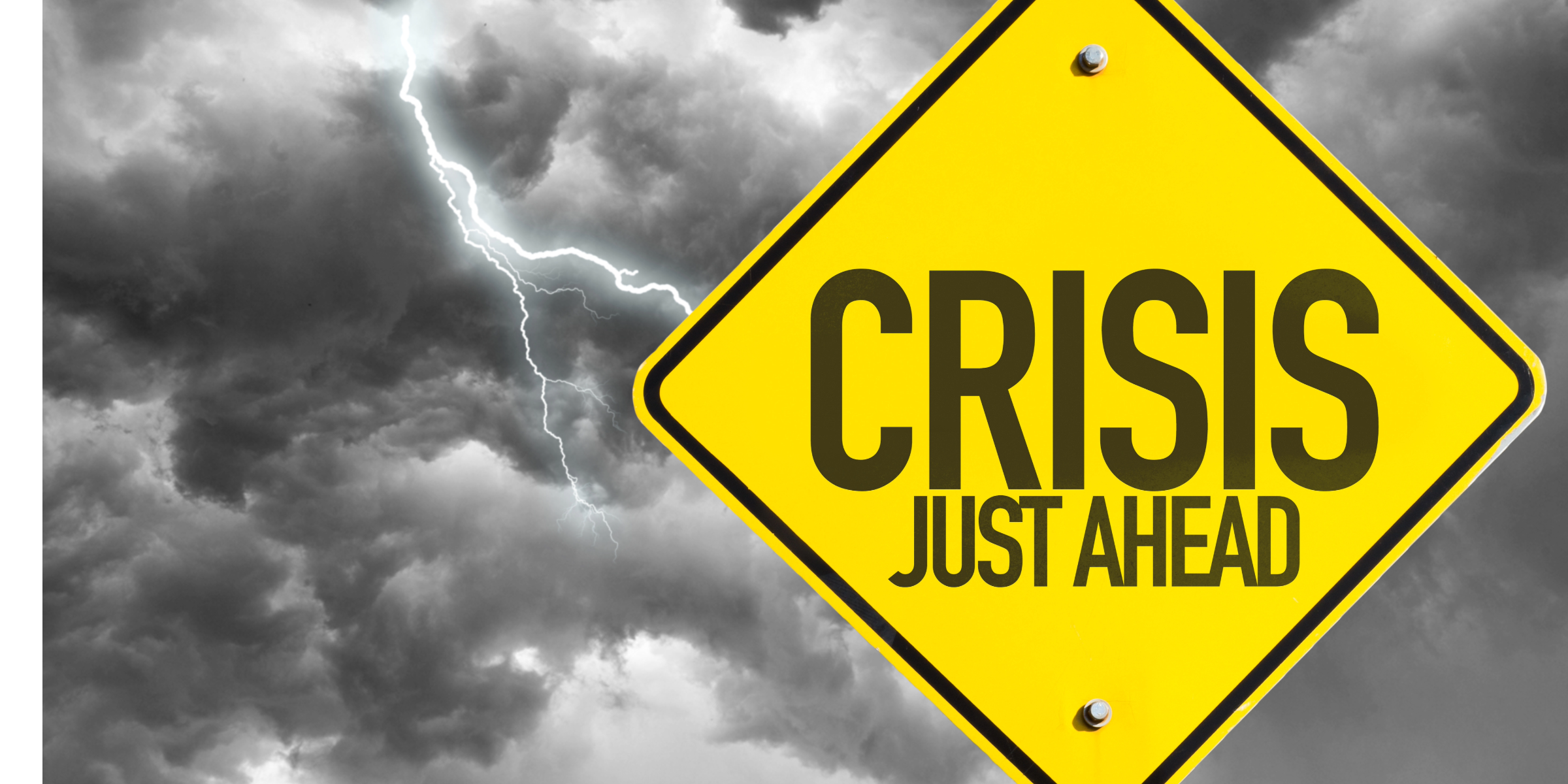Working as a broadcast journalist means working pretty closely with PRs and comms professionals, and while some are allies helping you to deliver the best stories to your audience, others can be more of a hindrance, and they tend to give everyone else a bad rep. So if broadcast PR is going to be part of your next campaign, avoid saying any of the following and it should help you to maximise coverage.
I’ve got a press release with a quote and a picture
You may have crafted the perfect release for your print contacts, but chances are it won’t be so great for broadcast. Broadcasters don’t need pictures or quotes, and they prefer a short pithy release that they can scan before calling you for more information. So pare your release down, but make sure you have – or at least have access to – further information. Full reports, explanation of stats and background are all regularly requested by broadcasters so make sure you’re in a position to pass on that information or you may end up missing out on coverage and possibly losing your credibility with journalists as well. Instead of a quote we recommend writing talking points or suggested questions. Don’t send them to national or BBC stations as they will be insulted but smaller local stations will appreciate your effort. Broadcast journalists also want to know that your spokesperson/case study is willing and available either in person in their studio, in an ISDN studio or on the phone.
Have you got a spare ten minutes for me to talk through a story?
If you’re ready to pitch make sure you can summarise your story concisely. Our rule of thumb is that if you can’t sum up the story in a sentence it isn’t ready for broadcast. Of course you should be aiming to get your angle across, but you should also try to make the broadcaster understand why they should care. Practice your pitch and be prepared to launch into it the moment the phone is answered. Broadcasters tend to be busy and impatient, and I’ve known former colleagues to tell PRs to get off the phone or cut to the quick.
There’s no one available to speak to you on those dates
As a journalist there is nothing more annoying than being sent a press release, calling to find out more, requesting an interview and being told that there is no one available to speak on the subject. There is very little point in targeting broadcast media if you don’t have a spokesperson available. And when I say available I mean all day on the day of the story, and at least the afternoon before for pre-records. Radio stations are likely to want to speak to the spokesperson via ISDN, or at least using an iPhone app, and TV may want to come to their home or office to film with them. Make sure you know where your spokesperson will be on the day that interviews will take place, and what their limitations are. For example, if you have a case study who is happy to be filmed at home, check whether they have children and don’t book broadcasters in during the school run.
I’m not sure what else there is for you to film
If broadcasters like your story they may want to package it and this would mean offering them more than just an interviewee. What other footage can you offer them? Depending on your story they may want access to offices or other associated buildings, they may request case studies that they can film at home with, or they may want to see the subject of your story (whether person or product) in action. Radio journalists may want to broadcast live from where you story is happening, or may ask you for other opportunities for sfx to add colour to their piece. If you have considered this in advance and can offer them filming or recording opportunities it not only makes them more likely to run your story, but will also earn you some brownie points, and may mean that they are more receptive to you in the future.



